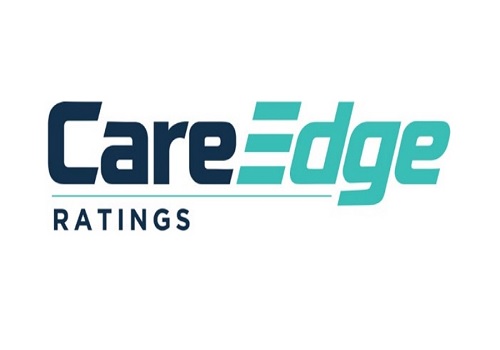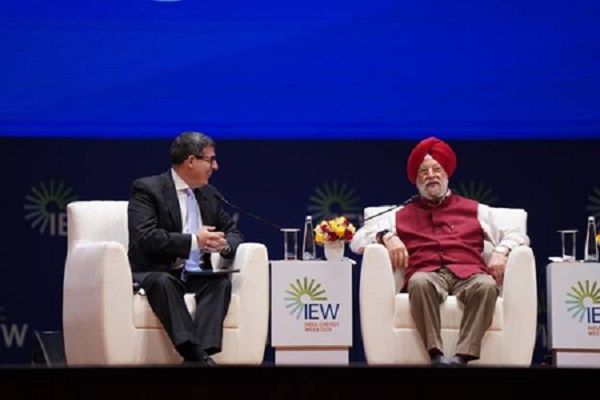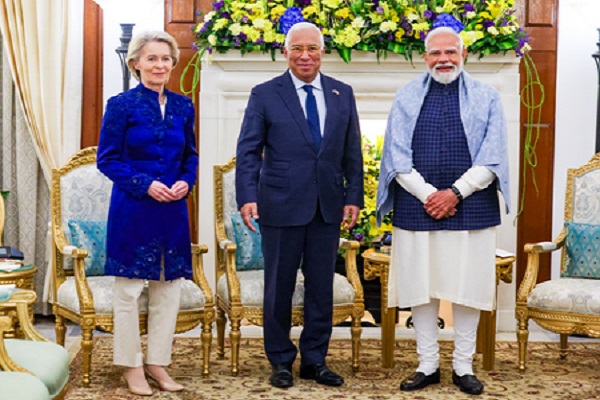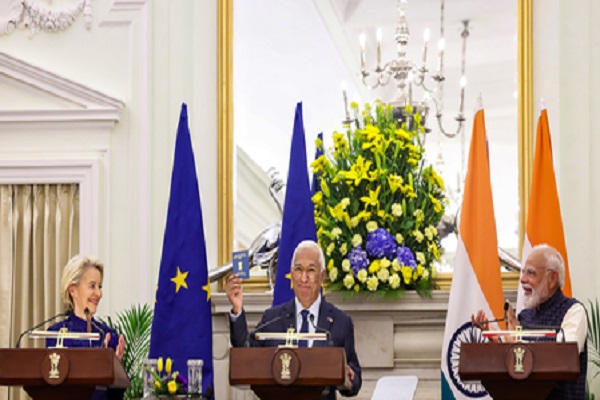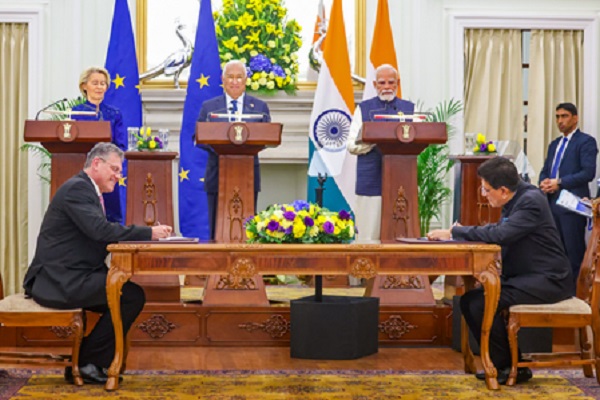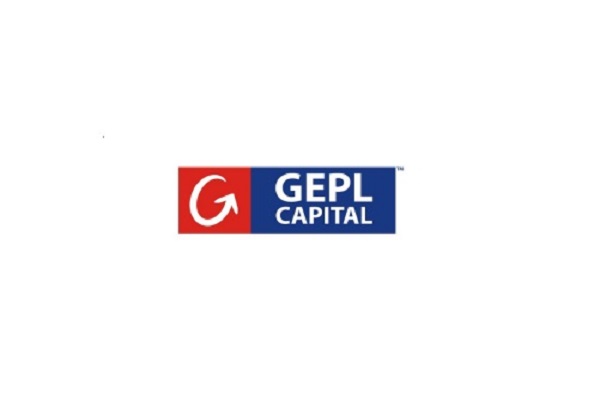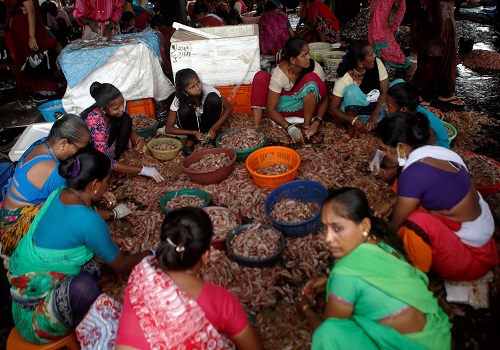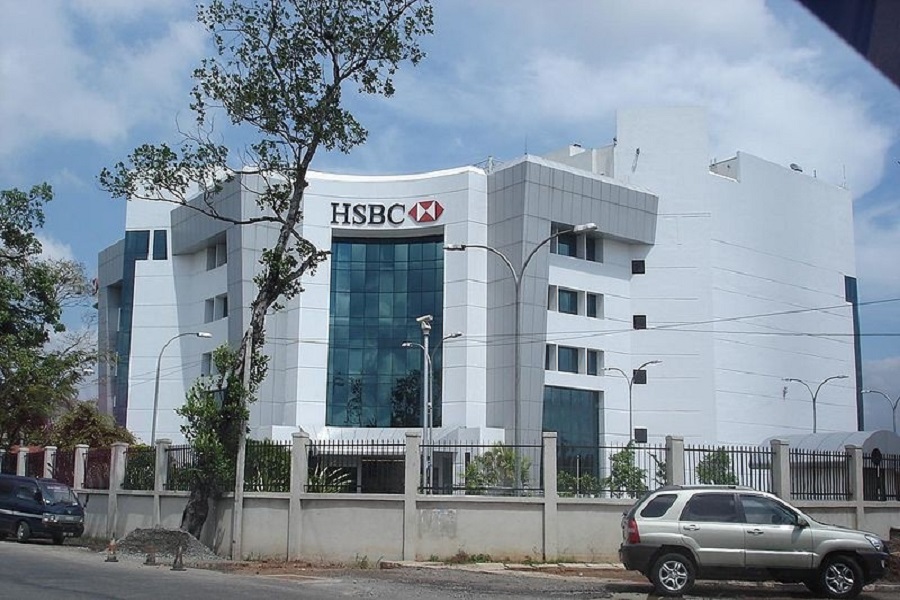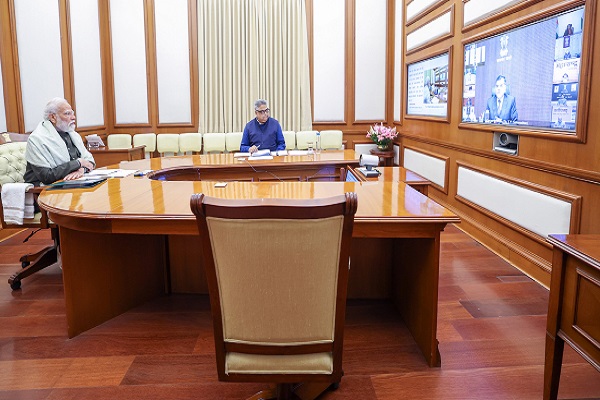JioMart to enter qCommerce - execution is key by Elara Capital

Reliance Retail’s JioMart, an eMarketplace, plans to introduce quick commerce (qCommerce) services in India to offer customers more choices while bolstering its business. The new service aims to deliver within 30 minutes and will initially be available in eight cities across 68 pin codes starting in June, focused on the grocery category, including fresh fruits and vegetables. The company will leverage a network of 2,000 grocery stores to roll out instant delivery across 1,000 cities in a phased manner. Currently, it is focused on a hyperlocal omnichannel presence, serving customers in proximity to stores nationwide. It is optimizing store layouts and enhancing fulfillment technology to ensure a 100% fill rate and on-time deliveries.
qCommerce (quick delivery) & eCommerce (slotted delivery) to coexist
qCommerce and slotted delivery will coexist, catering to different customer needs. Some customers prefer delivery within 10- 30 minutes while others opt for a delivery window of 30 minutes to six hours. Although the larger segment will come from the 30-minute to six-hour window (slotted delivery), qCommerce will thrive in specific product categories. Disruptive lead times could mildly hit the growth rate of qCommerce for non-urgent products. Providing a good user experience within the promised lead time is crucial for these platforms. According to Redseer, the qCommerce market in India grew at 77% YoY in CY23 to reach USD 2.8bn in gross merchandise value (GMV); currently, it is pegged at ~5% of India’s eCommerce market in CY23.
Key moats within qCommerce
Key advantages within qCommerce include: 1) dark stores for product availability, 2) the shortest lead times for delivery, 3) proven unit economics driven by high margin products, better take rates from direct to consumer (D2C) brands, ad revenue, and potential delivery fees, 4) the best assortment of products, 5) increased wallet share by expanding from groceries to BPC, accessories, gifting and multiple categories 6) good ROI-driven data for brands, and 7) a strong user experience. We believe qCommerce currently holds a 5-10% wallet share of the total grocery market in urban areas, which could increase to 15-20%. It has strong acceptance in the metro markets and is highly preferred by consumers.
JioMart user experience and execution - key monitorable
JioMart previously attempted grocery delivery through local kiranas (mom & pop shops) and Dunzo, but faced challenges related to user experience, longer delivery times, and product unavailability, which prevented the model from taking off. However, the return of JioMart could be disruptive, as Reliance Retail operates 2,000-3,000 grocery stores, offering a wider variety of products than 2,000 qCommerce stores (total market) across India. Currently, 15-20% of Reliance grocery sales are already online, as per our assessment. While online delivery is not new, successful execution with superior user experience, shorter lead times, and product availability will be crucial to the positive impact of this relaunch
JioMart has the financial resources to enhance discounting and gain market share, but pricing is not the primary advantage for qCommerce; quick commerce companies continue to negatively impact e-commerce slotted delivery segment, despite discounting for the former (approx.5%-10%) being lower vs e -commerce which offer discounts in the range of 10%-15% . User experience, convenience, product availability and lead times are more critical factors. Therefore, pure discounting may not necessarily result in market share gains at the expense of other qCommerce companies. Jio will also need to invest in an efficient delivery fleet capable of packing and delivering orders within 30 minutes. This model (JioMart) may not perform well in the non-metro markets, according to our assessment, and could converge growth for other eCommerce and slotted delivery firms.
Bigger threat to general trade & modern trade and other qCommerce firms
The dark store model is quite different from retail stores, as dark stores are designed solely for product storage in areas with higher order densities to minimize lead times. In contrast, retail stores serve walk-in customers and have higher foot traffic, which can affect delivery times of online orders. Traditional retailers, such as Avenue Supermart’s Dmart, with 365 stores across 117 cities, compete with services like Amazon Fresh and Bigbasket, which also offer slotted deliveries. Lower lead times from JioMart could be more disruptive for these traditional and slotted delivery services, as qCommerce already excels in providing shorter lead times. Further, even if JioMart was to deliver a superior or on par user experience, we believe other qCommerce firms, such as Swiggy or Bigbasket, could see a bigger negative impact, as Blinkit is already at a market share of ~40% (market leader) in the qCommerce market, outperforming peers over the last two years
Blinkit contributes 36% of Zomato’s enterprise value
We continue to believe Blinkit's higher growth rates and market share gains along with improved profitability will have a positive impact on Zomato’s (Z IN, Buy, CMP: INR 180, TP: INR 280) valuation. We value Blinkit at 5.5x forward EV/Sales. We expect a GOV CAGR of 90% during FY24-27E, which pegs Blinkit’s valuation at INR 810bn at INR 92 per share and a 36% contribution to Zomato’s total EV. If we were to assume lower growth rates for Blinkit at a 60% revenue CAGR with a slight increase in losses due to higher competition, even then its valuation would remain at INR 410bn based on a lower 4.5x forward EV/sales, which translates into INR 46 per share at a 23% contribution to Zomato’s total EV, with TP potentially being revised down to INR 230. Blinkit benefits from key factors: 1) better lead times than peers, 2) higher ad revenue, and 3) a superior product mix. It has already demonstrated superior execution compared to other firms. These advantages could serve as a moat for Blinkit if it expands to 1,000 stores without further increase in losses. It is on the path to breaking even ahead of its competitors. We will continue to assess Blinkit's execution in its expansion efforts and closely monitor whether JioMart can deliver the same user experience as other platforms, which could drag Blinkit’s valuation by 50% and Zomato’s TP by 18% in a worst-case scenario.
Please refer disclaimer at Report
SEBI Registration number is INH000000933


